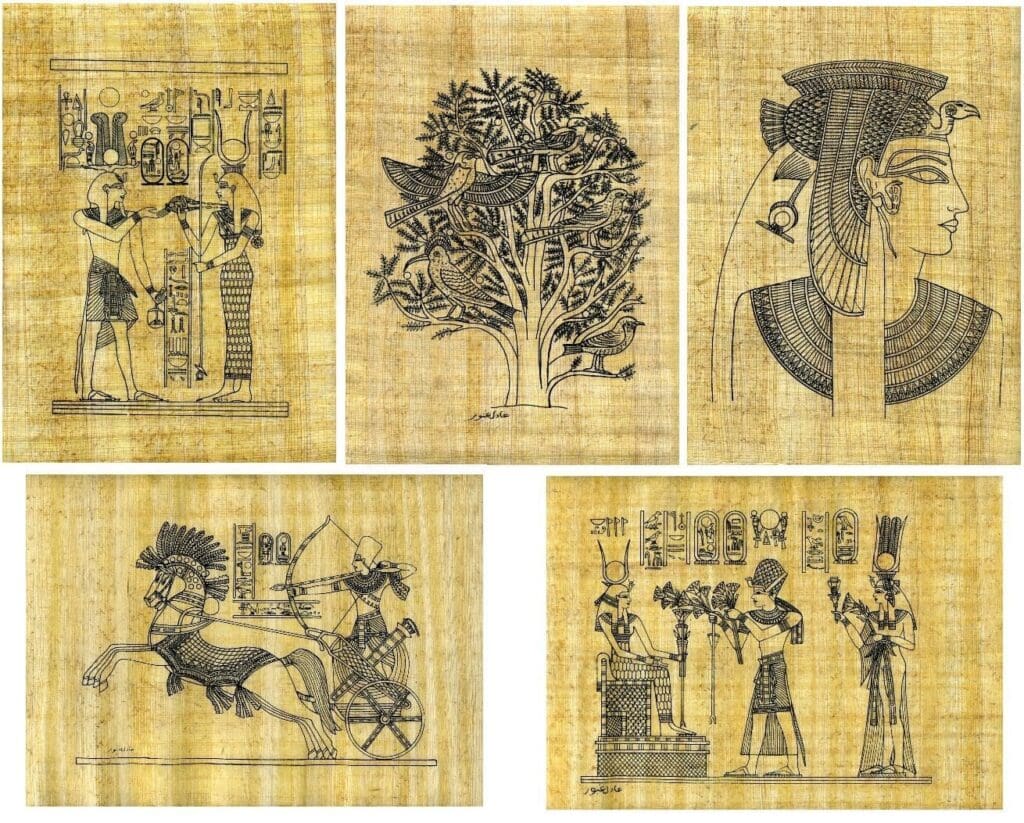Paper, one of humanity’s most significant inventions, has played a crucial role in the development of civilization. From ancient papyrus to modern digital paper, the evolution of paper is a fascinating journey through history, innovation, and environmental consciousness. This article explores the past, present, and future of paper, highlighting its enduring importance and potential for innovation.
 The Ancient Origins
The Ancient Origins
The story of paper begins in ancient China, where the first true paper was created by Cai Lun in the 2nd century CE. This invention marked a departure from earlier writing materials like papyrus and parchment, offering a more versatile and accessible medium for recording knowledge.
The Impact of Paper on Society
Paper revolutionized communication, education, and the spread of information, laying the groundwork for the Renaissance, the Scientific Revolution, and the spread of literacy. The invention of the printing press in the 15th century, coupled with the availability of paper, democratized knowledge like never before.
Sustainable Innovations in Paper
As environmental concerns have grown, the paper industry has sought sustainable solutions. Today, recycled paper, tree-free paper, and digital paper reflect a commitment to reducing the environmental impact of paper production and consumption.
Future Innovations: Looking ahead, the potential for paper is boundless. Innovations like electronic paper (e-paper) and nanocellulose offer glimpses into a future where paper is not only sustainable but also integrated with technology, blurring the lines between digital and physical media.
The evolution of paper from ancient times to future innovations showcases humanity’s ingenuity and adaptability. Paper has not only shaped our history but also holds the key to sustainable innovation and environmental stewardship in the future.
